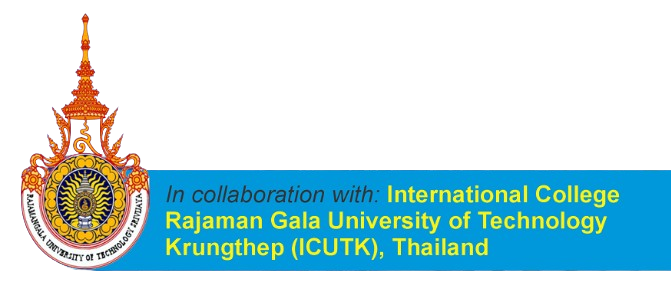DECOLONIZING LEGAL THEORY: TOWARDS A POST-WESTERN EPISTEMOLOGY OF LAW AND JUSTICE
DOI:
https://doi.org/10.55751/jfhu.v1i2.160Keywords:
Decolonization, Legal Epistemology, Legal Pluralism, Postcolonial Theory, Indigenous Law, Critical Legal Studies, Epistemic Justice.Abstract
This article examines the epistemological foundations of contemporary legal theory and advocates for a decolonial approach to law and justice. Drawing on critical legal studies, postcolonial theory, and indigenous legal traditions, this research challenges the universalist claims of Western legal epistemology and explores alternative frameworks for understanding law. The study employs a qualitative methodology combining doctrinal analysis, comparative jurisprudence, and critical discourse analysis to interrogate the colonial legacies embedded within modern legal systems. Findings reveal that Western legal theory has systematically marginalized non-Western epistemologies, creating epistemic violence that continues to shape global legal structures. The article proposes a post-Western epistemology that recognizes legal pluralism, centers indigenous and subaltern knowledge systems, and reimagines justice beyond Eurocentric frameworks. This decolonial turn in legal theory has significant implications for international law, human rights discourse, and the pursuit of global justice. The research concludes that genuine legal transformation requires not merely the inclusion of diverse voices but a fundamental restructuring of how legal knowledge is produced, validated, and deployed.










